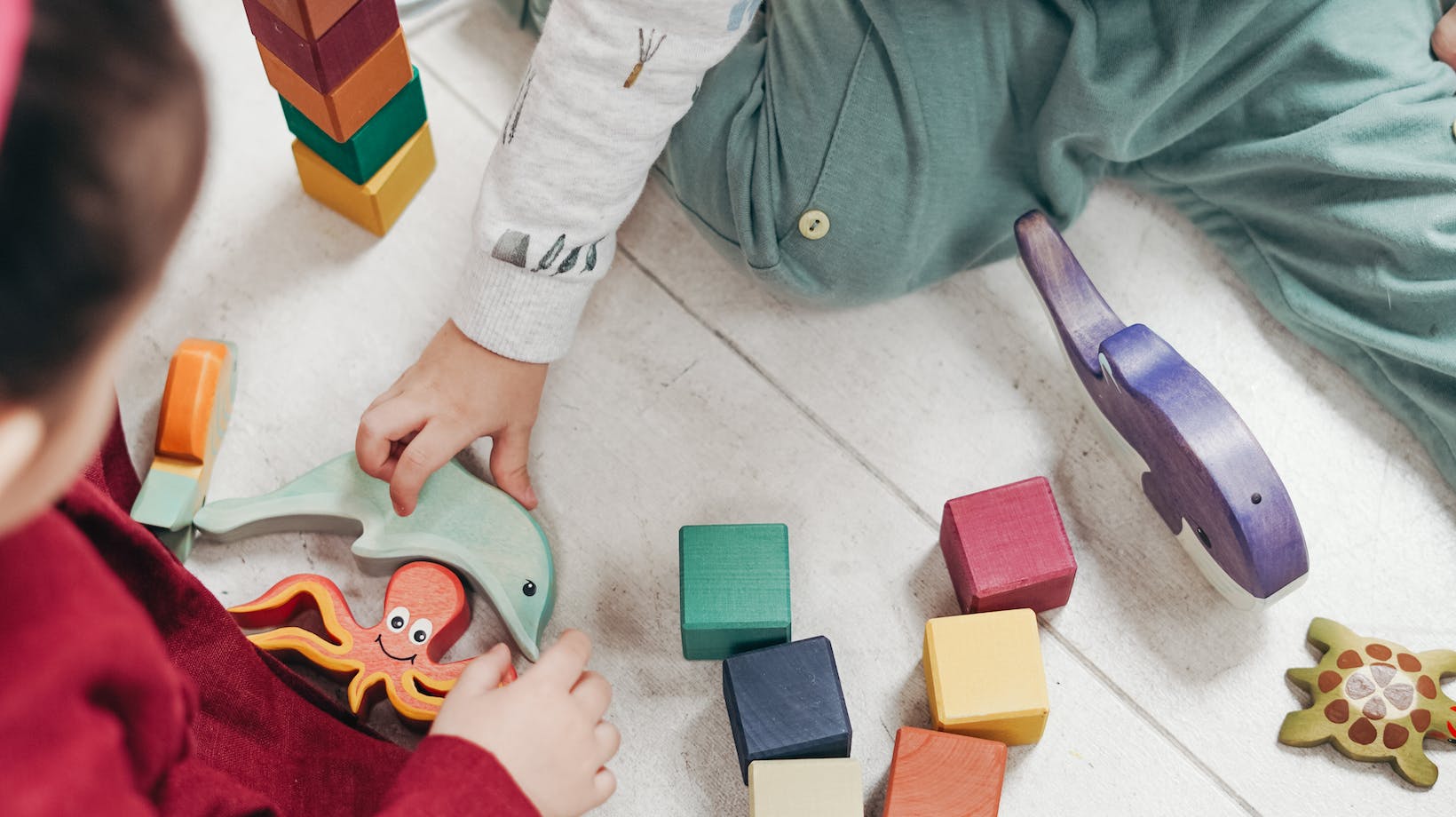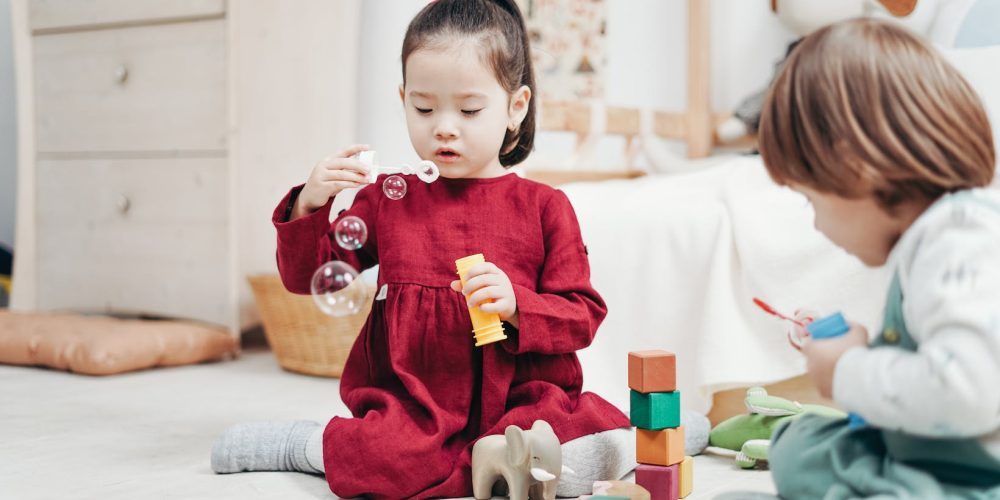My Son is Mean to His Little Sister
Sibling dynamics can be complex, and it’s not uncommon for one sibling to be mean or aggressive towards another. As parents, it can be disheartening and confusing to witness our son being mean to his little sister. However, it’s important to remember that this behavior is a common occurrence in many households.
One possible reason for this mean behavior is jealousy. The arrival of a new sibling can disrupt the older child’s sense of security and attention. They may feel threatened by the time and attention their parents now devote to their younger sibling. This can lead to feelings of resentment and acting out towards the younger sibling.
Another factor that may contribute to this behavior is a power struggle. As children grow, they begin to assert their independence and test boundaries. The older sibling may see their younger sister as an easy target to exert control and dominance. This behavior can also stem from a desire to gain attention or establish their place in the family hierarchy.
Furthermore, developmental factors can play a role in this mean behavior. Young children may not have the emotional maturity or communication skills to express their frustrations or emotions appropriately. Instead, they may resort to aggressive or mean behavior as a way to cope with their own internal struggles.
It’s important for us as parents to approach this situation with understanding and empathy. By recognizing the underlying reasons for our son’s mean behavior towards his little sister, we can address the root causes and work towards improving their sibling relationship. In the following sections, we will explore practical strategies to help foster a more positive and loving bond between our children.

Strategies to Address the Behavior
Encouraging Positive Interactions
To improve the relationship between siblings and address the mean behavior, it is important to encourage positive interactions. Here are some strategies that can help foster a more harmonious sibling dynamic:
- Promote shared activities: Encourage your children to engage in activities together that they both enjoy. This can be anything from playing board games to going for a bike ride. By participating in shared activities, they can build common interests and create positive memories.
- Praise and reward: Acknowledge and praise your children when they exhibit kind and considerate behavior towards each other. This positive reinforcement can motivate them to continue treating each other with kindness and respect.
- Facilitate communication: Provide opportunities for your children to express their feelings and concerns about each other. Encourage active listening and problem-solving skills so that they can effectively communicate and resolve any conflicts that may arise.
Setting Clear Expectations
Clear expectations can help establish boundaries and promote respectful behavior between siblings. Consider the following strategies:
- Establish household rules: Create a set of household rules that apply to everyone, including both siblings. These rules should focus on promoting kindness, respect, and empathy. Make sure that the rules are clear and consistently enforced.
- Model positive behavior: As parents, we play a crucial role in shaping our children’s behavior. Model kind and respectful behavior towards both siblings, demonstrating what is expected of them. Children are more likely to imitate the behavior they see around them.
- Address mean behavior promptly: When you witness mean behavior, address it promptly and calmly. Explain why the behavior is not acceptable and provide guidance on how to behave more positively. Encourage your children to apologize and make amends when necessary.
Teaching Empathy
Developing empathy can help children understand and consider the feelings and perspectives of others. Here are some strategies to teach empathy:
- Encourage perspective-taking: Encourage your children to put themselves in each other’s shoes. Help them understand how their actions may impact their sibling’s feelings. This can be done through open discussions and asking questions such as, “How do you think your sister felt when you said that to her?”
- Read books or watch movies: Choose books or movies that highlight empathy and kindness. Discuss the characters’ actions and emotions, and relate them to your children’s own experiences. This can help them develop a deeper understanding of empathy.
- Practice gratitude: Encourage your children to express gratitude towards each other. Encourage them to thank their sibling for acts of kindness or assistance. This can help foster a sense of appreciation and empathy towards one another.
By implementing these strategies, you can help improve the relationship between your children and address the mean behavior. Remember, building a healthy sibling relationship takes time and patience. With consistent efforts and a supportive approach, you can guide your children towards a more loving and respectful bond.





